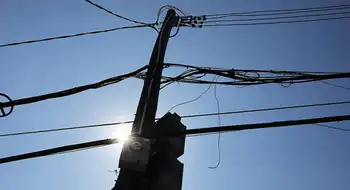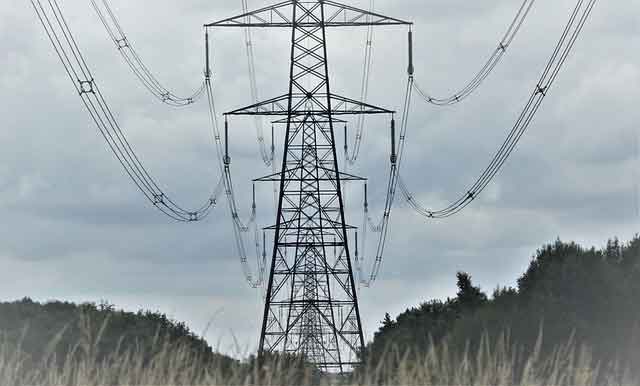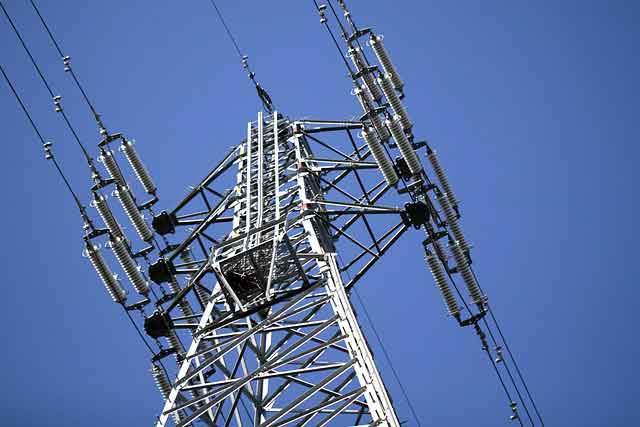DonÂ’t judge states on wealth and emissions: climate envoy
By Reuters
Substation Relay Protection Training
Our customized live online or in‑person group training can be delivered to your staff at your location.

- Live Online
- 12 hours Instructor-led
- Group Training Available
Under the Kyoto Protocol, the UN's main weapon to fight climate change, only 37 industrialized nations are committed to curbs on greenhouse gas pollution between 2008-2012.
But the UN list in Kyoto's parent pact that defines rich and developing nations dates from 1992 and wealthy nations such as Argentina, Singapore, South Korea and Malta are still deemed to be developing states under the UN's climate treaties.
Under Kyoto, developing nations are exempt from any binding emissions curbs but recent studies show poorer states now contribute more than half of mankind's greenhouse gas emissions.
Australia and the European Union say the 1992 list doesn't reflect economic reality and should be updated. They say rich nations outside of Kyoto must commit to binding curbs as part of a broader climate pact likely to be agreed in December in Copenhagen.
Singapore's chief climate change negotiator, Chew Tai Soo, said Singapore was responsible for 0.3 percent of global greenhouse emissions but faced pressure to curb its emissions because it was rich and had high per-capita carbon pollution.
"This approach is flawed as it does not take into account the unique considerations and capabilities of different countries.
"It penalizes small countries with small populations without taking into account their limitations," he told a sustainability conference in Singapore.
The city state is one of the world's wealthiest nations with 2007 per-capita GDP of S$52,994 (US$35,163), according to government figures. Its greenhouse gas emissions are the same as many European countries at about 11 tonnes per person, compared with 20 tonnes for the United States and 4 for China.
In a submission to the United Nations last November, Australia said the 1992 UN Framework Convention on Climate Change, Kyoto's parent pact, let many advanced economies off the hook on carbon reduction obligations.
"Since the Convention was adopted in 1992 no work has been done to better differentiate the responsibilities of Parties," the submission said, adding the two annex lists of countries in the Kyoto Protocol were now out of date.
Chew said Singapore covered an area a fifth the size of Long Island in New York, was densely populated, lacked natural resources and its agricultural sector was virtually non-existent.
"With such economic restraints, we have no food security and are heavily dependent on trade and commerce for survival."
He also said the country was investing in research and development of solar and other clean-energy areas and that a decision to use natural gas in its power stations had slashed carbon emissions.
But critics point to booming sales of cars, rapid population growth, a vast petro-chemical industry and large shipping and aviation sectors as off-setting some of the benefits.
Government figures show 98 percent of the country's energy needs come from fossil fuels and that carbon emissions are rising 2.8 percent a year, despite energy efficiency programs.
The country's climate change strategy doesn't mention a government role in bringing down the city-state's absolute emissions, professor Natasha Hamilton-Hart of the National University of Singapore told the conference.
She said Singapore had to stop the fantasy of presenting itself as a developing nation and risked damaging its credibility in UN climate talks by asking others to make emissions cuts it was unwilling to make itself.











